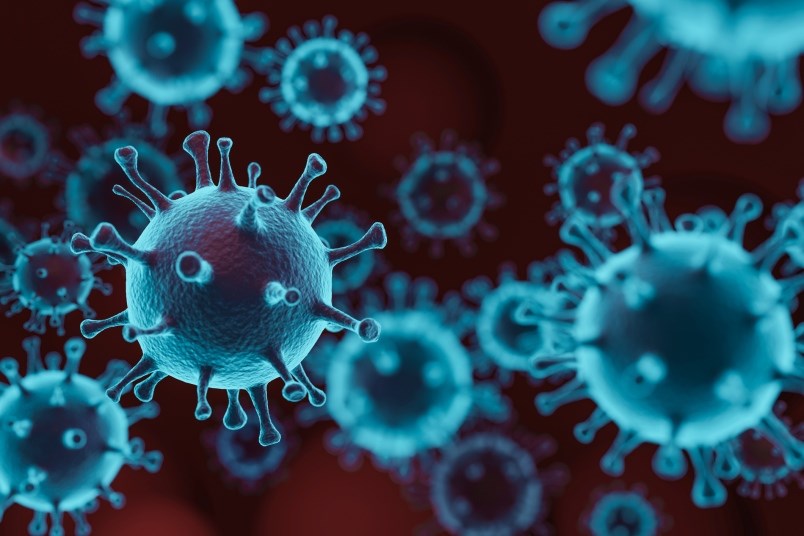Ontario is reporting another 478 confirmed cases of COVID-19 and another 22 deaths since yesterday morning’s report.
The provincial death toll is now reported at 222 fatalities linked to the virus.
There have been 6,237 cases of COVID-19 confirmed in the province since the pandemic began. This week (April 5 to 10), the province has confirmed an additional 2,609 cases, which has been about a seven per cent to 11.5 per cent increase in cases each day.
Yesterday, the total cases confirmed in York Region reached 604 , with 24 COVID-19 related fatalities.
Ontario’s statistics as of 4 p.m. yesterday — reported this morning at 10:30 a.m. — indicate there have been 2,574 recoveries from COVID-19. There are 673 patients hospitalized, 260 of those are in intensive care units and 217 of those are on ventilators.
There are now 73 outbreaks reported in long-term care facilities in the province.
There have now been 94,271 tests completed in the province.
Yesterday, Ontario’s chief medical officer issued new guidelines for who should receive COVID-19 tests.
Dr. David Williams wrote a memo to say new residents admitted to long-term care facilities, as well as their roomates, symptomatic residents, and asymptomatic residents, staff or visitors who have come in contact with a confirmed case should be tested.
Previously, there was no direction — in fact it was discouraged — to test asymptomatic individuals.
“The move toward testing people under those conditions without symptoms is a key change,” Dr. Charles Gardner, medical officer of health for Simcoe Muskoka District Health Unit (SMDHU).
Williams also noted those with atypical symptoms should be considered for testing, including signs such as unexplained fatigue, delirium, falls, nausea, vomiting, diarrhea, chills and headaches.
All health-care workers, caregivers, care providers and first responders should now be tested “as soon as feasible” at the sign of any symptoms including atypical ones, states Williams’ memo.
Williams stated all staff and essential visitors in long-term care homes are required to wear surgical masks, whether there is an active outbreak or not.

